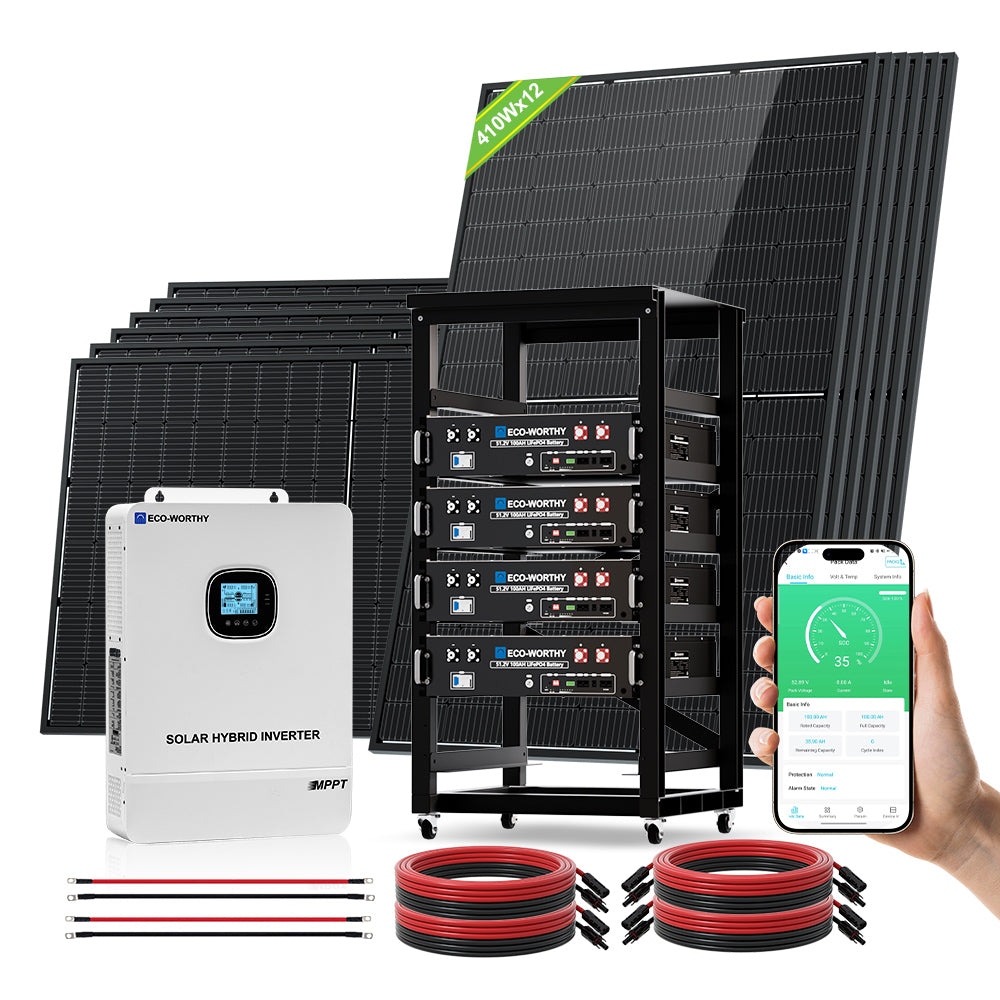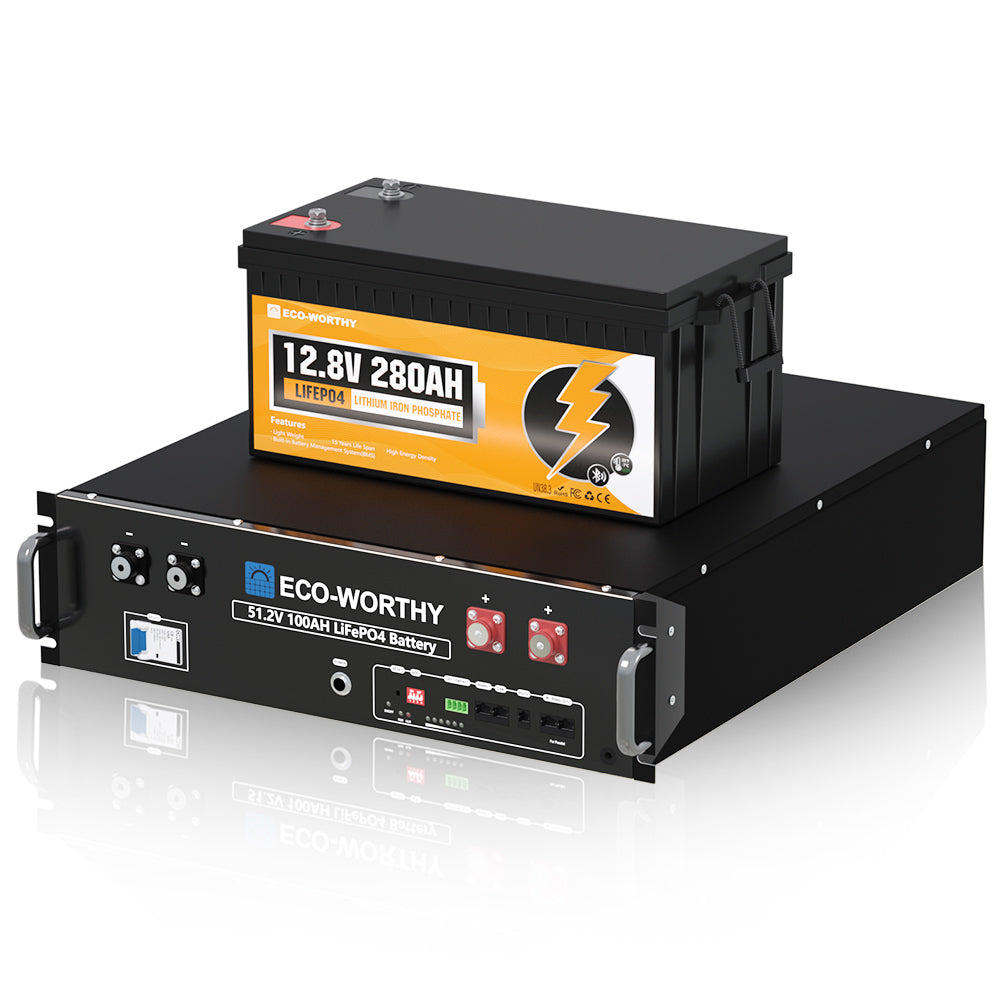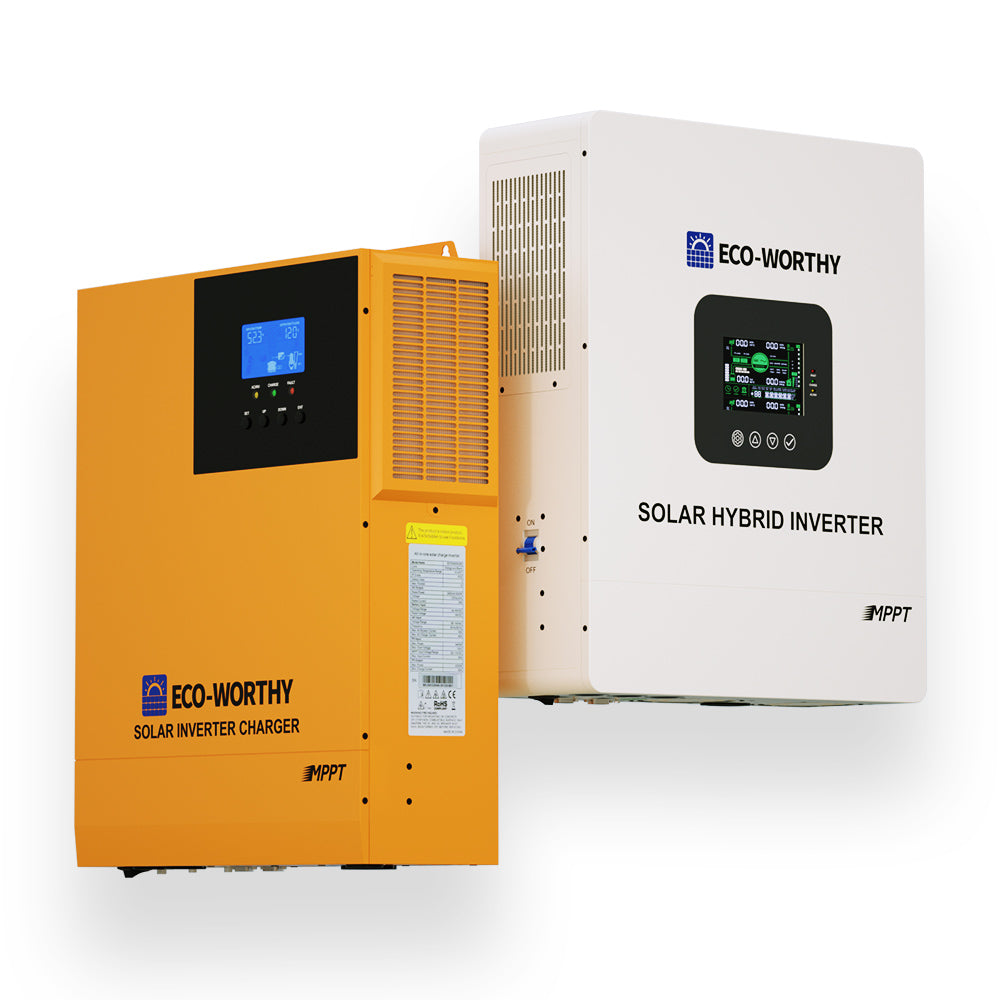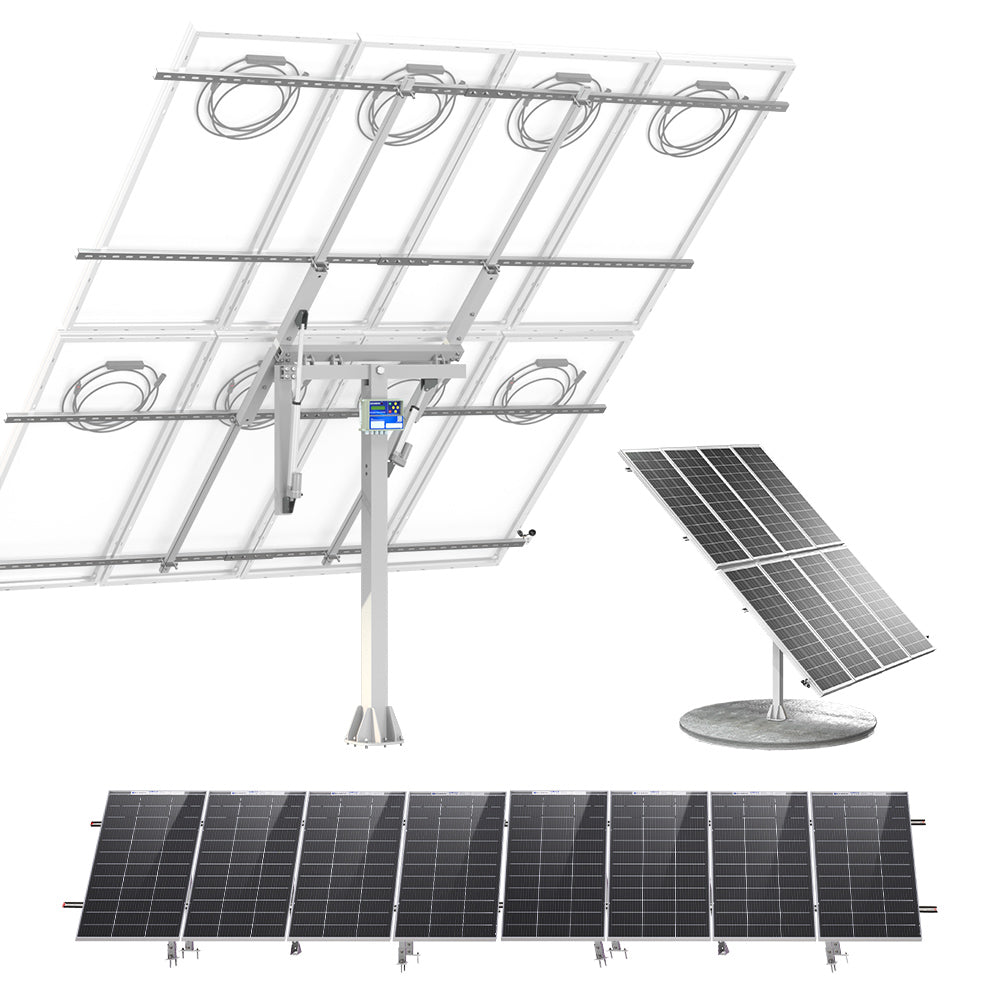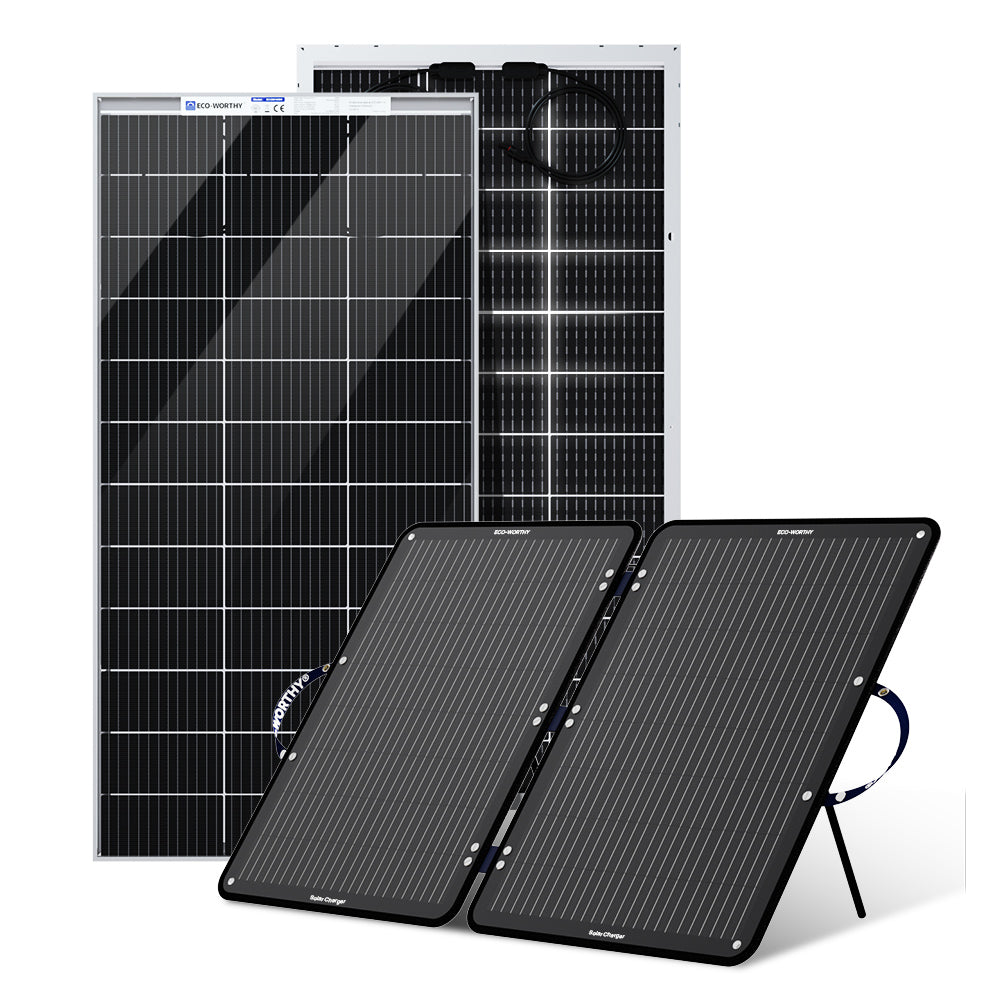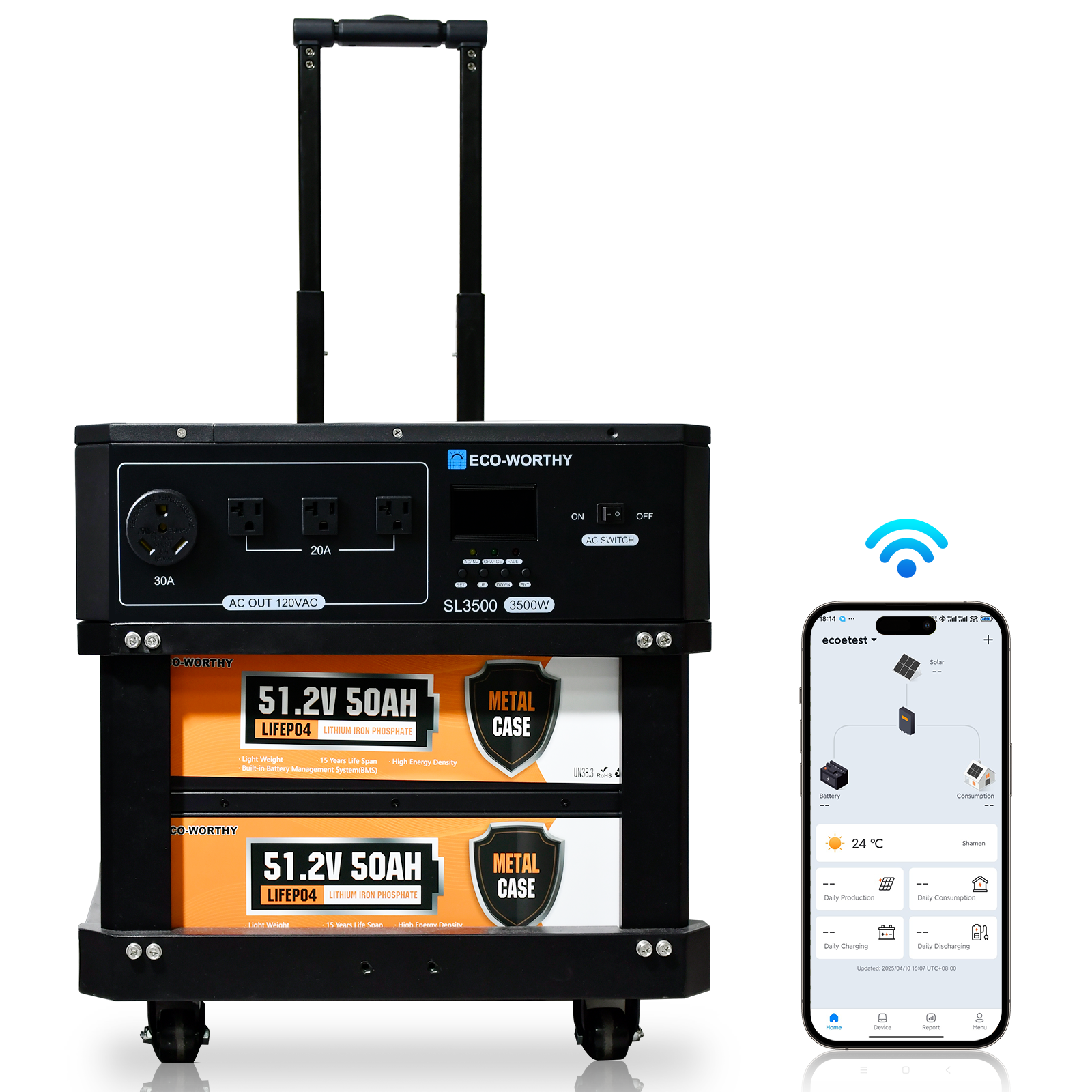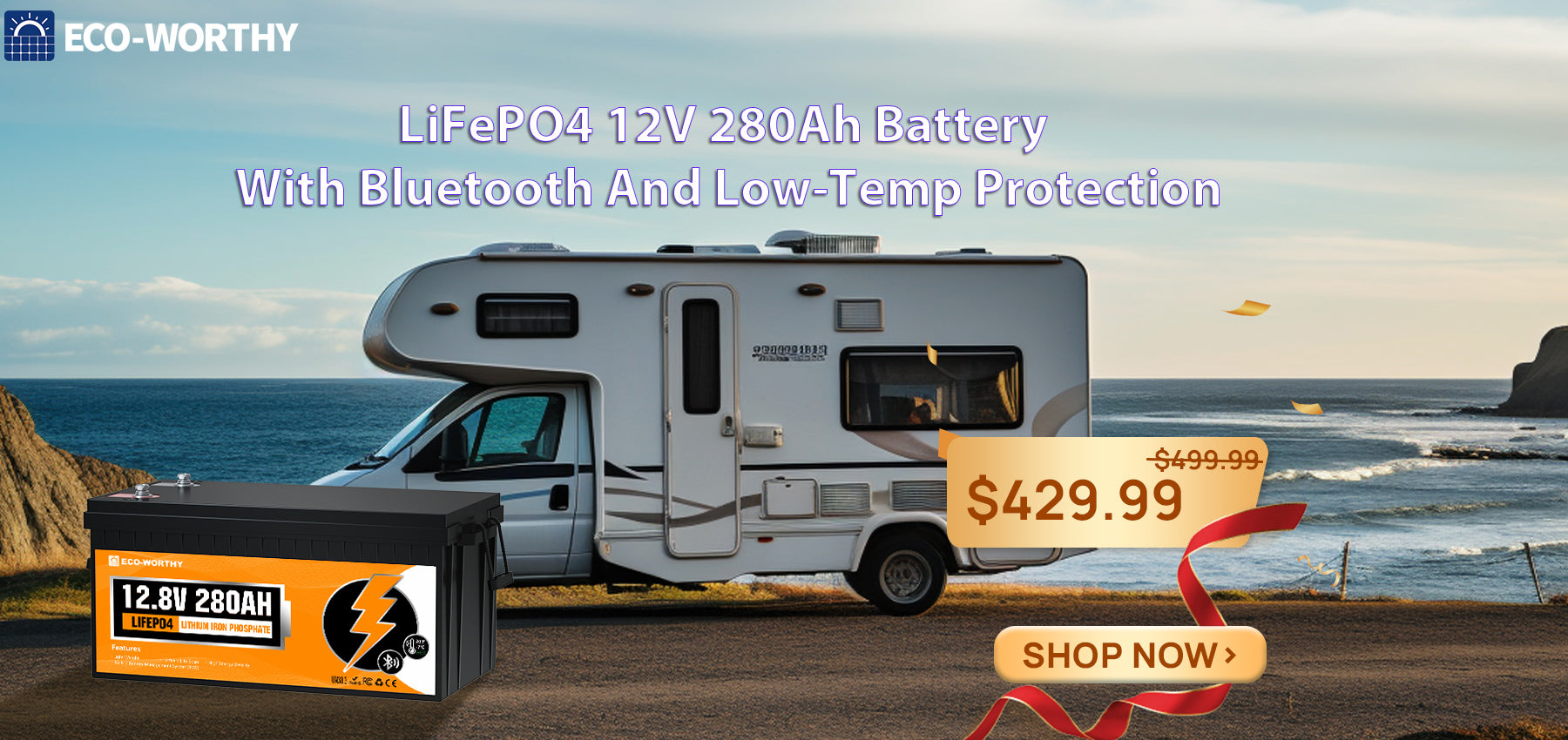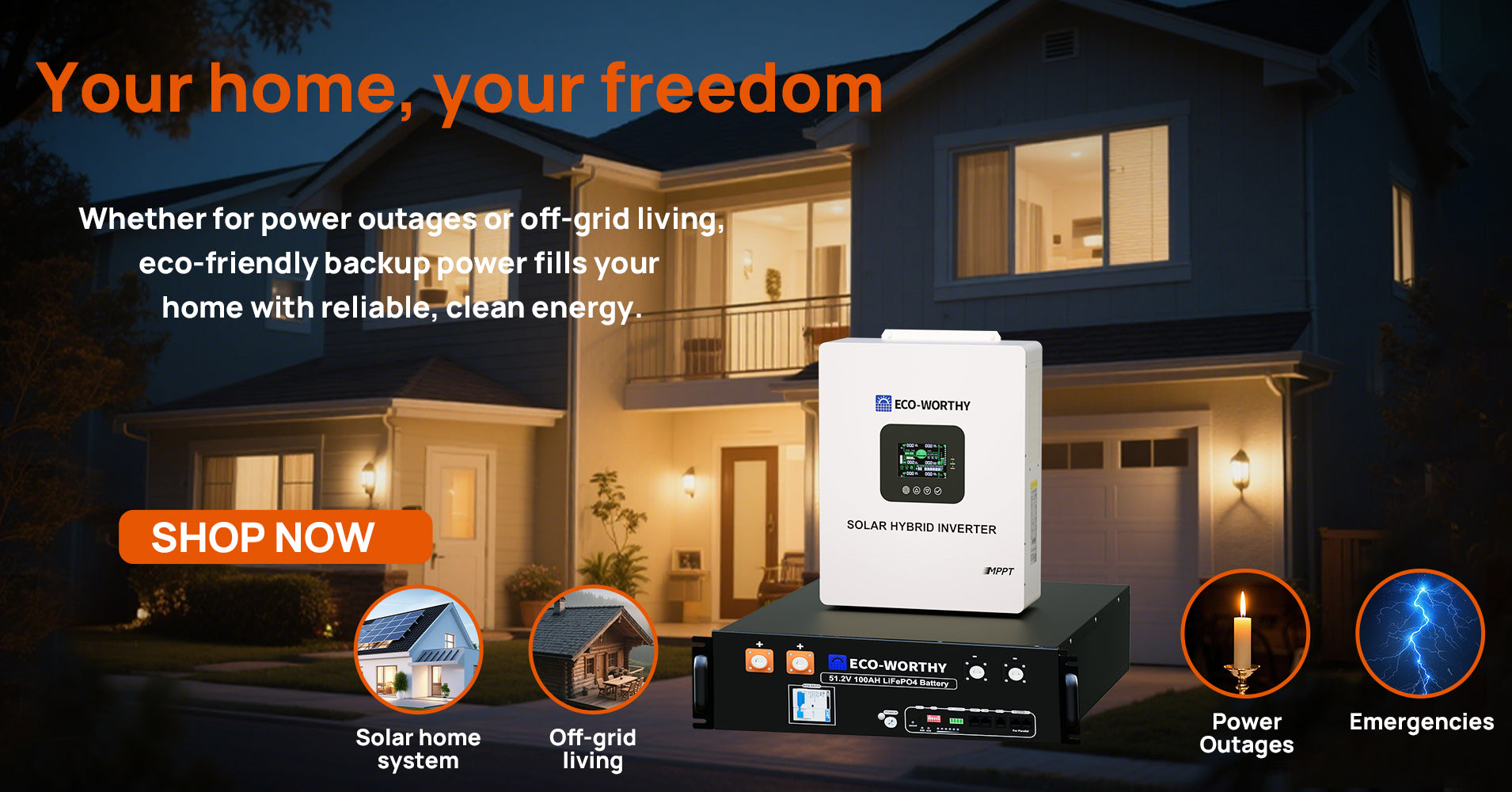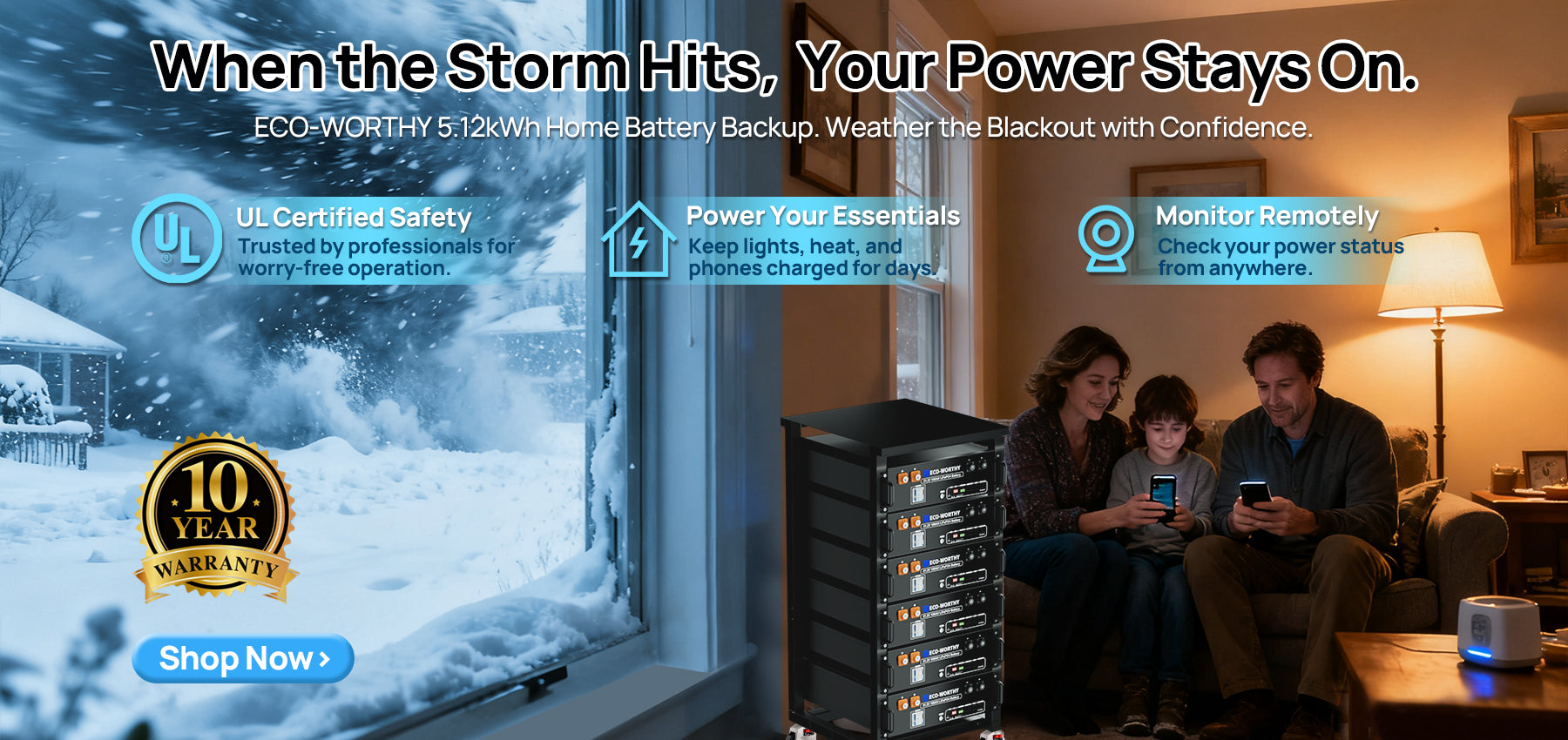Intro
Our family life has long been inseparable from electricity, but also because of the convenience of home electricity, it is easy for new RV players to ignore the potential issues of RV electricity.
Most RVs use battery storage to get the independent electricity. According to the voltage standards of the battery and circuit, the RV power system can be divided into three types: 12V, 24V and 48V.
In the early days, RV circuits were all 12V. With the development of the electric vehicle industry, Some RVs with truck chassis appears those years, they use 24V circuits. With the development of hybrid RVs, 48V power system has begun to gain people’s favour.
So what is the difference between those three systems, and which one is the best choice for you when you build your own RV Electrical system or upgrade your existing power supply project.
Before we draw a conclusion, we need to learn their diverse characteristics first.
Difference Between 12v & 24v & 48v Electrical System
We have put a chart for clearly viewing the details among them, as below:
(Sample: 3000w RV Electrical system )

As the neutral comparison shows, we can learn:
12V system - most compatible with present RV appliances, because most of them are 12V DC, but the efficiency is not the most ideal, since the low voltage makes the big current lose too much energy in transmission, also, the big current requires large wires for units connection, otherwise there may be fire risk.
24V system - most moderate one, which could be used with 24V DC RV appliances. With decent transmission efficiency, the ROI (Return of Investment) would be nice, and you can charge it with 24V alternator or AC charger in the camp, both can be found on the market.
48V system - most efficient and safe system when operating, when holding the same power (3000w) in the circuit, compared with 12V or 24V system, the high voltage makes it just lose very few energy during transmission, and no risk of big current. Unfortunately, there is not many 48V DC appliances on the market, so you can only use this system with AC loads via the inverter, also, the charging is not convenient as the 12V or 24V system, since you can hardly find one 48V alternator or Charger, the regular charging way is Solar power or use a booster after you connect it to the charging station.

What is the best voltage for a RV Electrical system?
Most RVs typically already have 12 volt system for lighting, hot water heater controls, and refrigerators, therefore, it makes sense to use the voltage that already works for the existing system, for energy demand within 1000w, it’s the most favorable choice.
But if you want to add some appliances on your vehicle, then the original 12V system will hold you back because of its low transmission efficiency, especially when running some big loads, such as AC/heating controls, which require consecutive big power. So when your power demands go up, you should consider upgrading the system to 24V or 48V.
If your energy needs are around 1,000 to 3,000 watts, and you want to DIY your own electrical system or do an overhaul project for your RV/Trailer, go for a 24 volt system, the ROI will be significant.
If your energy needs are over 3,000 watts, go for a 48 volt system. If you have a luxury trailer for electrical installation, or you want to run the big appliances at the same time, the 48volt system will be ideal.
How to DIY a 24v or 48v Electrical System?
If you want to build your own trailer or RV Electrical power system from the very beginning, you’ll find that most of the Electrical panels, batteries on the market are 12v, which means you need to wire them together in series to make the voltage up.
As for charge controller and inverter, you can directly find a lot 24v, 48v units on the market, so no need to worry about them.
Whatever you build a 12v/24v/48v battery bank, the total batteries capacity and energy is same when you use multiple batteries.
E.g 2*100ah batteries when hooked up in parallel as a 12V bank, capacity=12V*2*100AH=2400WH
2*100ah batteries when hooked up in series as a 24V bank, capacity=24V*100AH=2400WH

